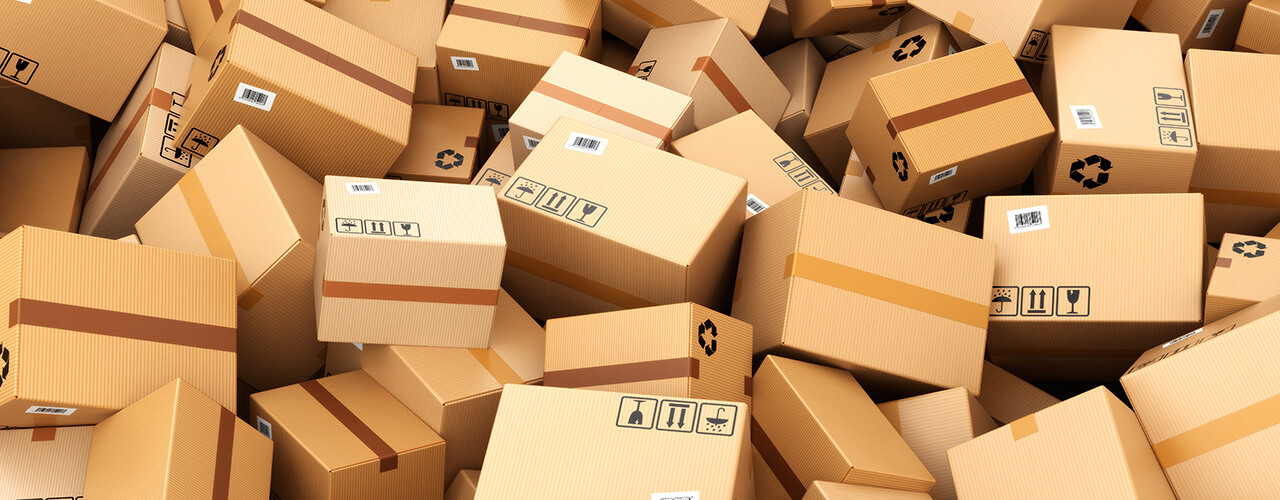Last year, Amazon kicked off a nationwide search for its second headquarters, planning to bring 50,000 jobs and over $5 billion in investments into the new location over the next two decades. Now, the company is changing its tune, saying it will split its vaunted HQ2 evenly between two cities, with the three most probable candidates being Crystal City, Va., New York City and Dallas.
The Search for HQ2 Sparked Fierce Competition
Last September, when Amazon announced its plans to open a new headquarters, fully equal to the one in Seattle, 238 cities presented their proposals and tried to lure the company in a variety of ways. The mayor of Kansas City, Mo., for example, purchased 1,000 Amazon products and reviewed every single one of them before donating them to charity. Stonecrest, Ga. offered to change its name to Amazon, Ga. and create a highway called “Jeff Bezos Parkway.”
Entertaining stunts aside, city officials across the U.S. offered serious tax cuts and promised to improve infrastructure in order to accommodate the e-commerce giant. New Jersey Governor, Chris Christie, proposed up to $7 billion in tax incentives for placing HQ2 in Newark.
However, Amazon had strict requirements, looking for areas with a population of more than 1 million people, located no more than 45 minutes away from an international airport, with a good public transportation network. The company also wanted easy access to talent from one of the country’s top universities, which is why, in January 2018, they narrowed the list down to 20 cities, including Chicago and Miami.
Two Cities Will Have to Split the Prize
On Sunday, news that Amazon is in fact planning to split the HQ2 evenly between two cities took everyone by surprise. The new locations will no longer approach the size of the Seattle headquarters, which is now home to around 45,000 employees, as initially promised. Instead, each of them will create about 25,000 new jobs.
The main reason behind this decision was the possibility to attract more talent by tapping two different geographic locations. Moreover, splitting the workforce between two cities will avoid the massive strain on transit and housing that has complicated life in Seattle.
Amazon says that all three offices will enjoy the same executive and back-office functions. Also, each of the two new locations will see considerable investments over the years and possibly become more attractive to other companies as well.
However, some still view this change of plans as a disappointment. “Many of these communities were hoping to brand themselves as the co-headquarters with Seattle,” James Finkle, President of the International Economic Development Council, told the Wall Street Journal. “I think it becomes just a regional office or a back office or a major office but not a co-headquarters.”
Crystal City, Va., NYC and Dallas Seem to Be the Favorites
According to the Wall Street Journal, Amazon is in late-stage talks for HQ2 with Crystal City, Va., New York City and Dallas. Out of the three, Crystal City stands out as a clear favorite. Located in Arlington County, just across the Potomac from Washington, D.C., it offers good access to transportation and communications infrastructure. Boeing Co. already employs thousands of staff there, and Jeff Bezos owns The Washington Post, as well as a home in D.C. Reportedly, JBG Smith, the city’s top real estate developer, has already pulled some of its buildings off the market in anticipation of high bids from Bezos’ behemoth.
In Long Island City, Queens, an investment of $180 million in infrastructure is expected as a final push before Amazon’s decision. “I’m doing everything I can,” New York’s Governor, Andrew Cuomo, said when asked about the city’s efforts to influence this decision. “I’ll change my name to Amazon Cuomo if that’s what it takes. Because it will be a great economic boost.”
In Dallas, a potential 7.2-acre site formerly housing the Dallas Morning News, sold last week to a developer for $33 million. The Dallas-based company will pay the prior owner, A.H. Belo Corp. 50% of the profit if they agree to sell the property to Amazon before the purchase closes on December 28, the Journal reported. The site is located near the Union Station light rail and the Amtrak station, satisfying Amazon’s requests for a well-connected public transport.









